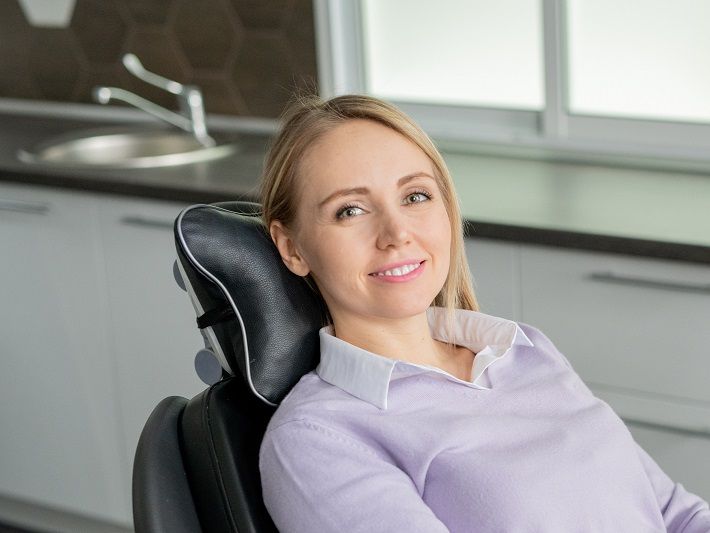The Psychology of Relaxation Dentistry – Important Points on Mental Health

Relaxation dentistry can tremendously help those who fear going to the dentist , including children. According to oral sedation dentistry Highlands Ranch experts , healthy dentition is strongly related to mental health. For instance, people who feel uncomfortable with the condition of their teeth may experience social withdrawal and anxiety.
And the opposite can also be true, in the sense that a poor mental state can also influence the excellent health of one’s dentition. Depressed or anxious people may struggle to handle even minor issues, such as day-to-day tasks.
Thus, they may feel less motivated or inclined to practice dental hygiene, which is detrimental to their dentition and overall health. Since oral and mental health is interconnected, many people suffering from anxiety have unhealthy habits such as grinding their teeth at night, nail-biting, etc.
At the same time, people with obsessive-compulsive disorder may clean their teeth too often, which can lead to worn enamel. But worn enamel can also be the consequence of several eating disorders. These eating disorders may also result in tooth decay or other oral conditions. After all, eating food that is too sugary can lead to malnutrition.
This is where relaxation dentistry comes in: it helps to manage all these issues so that patients can get the optimal mental and dental help they need.











